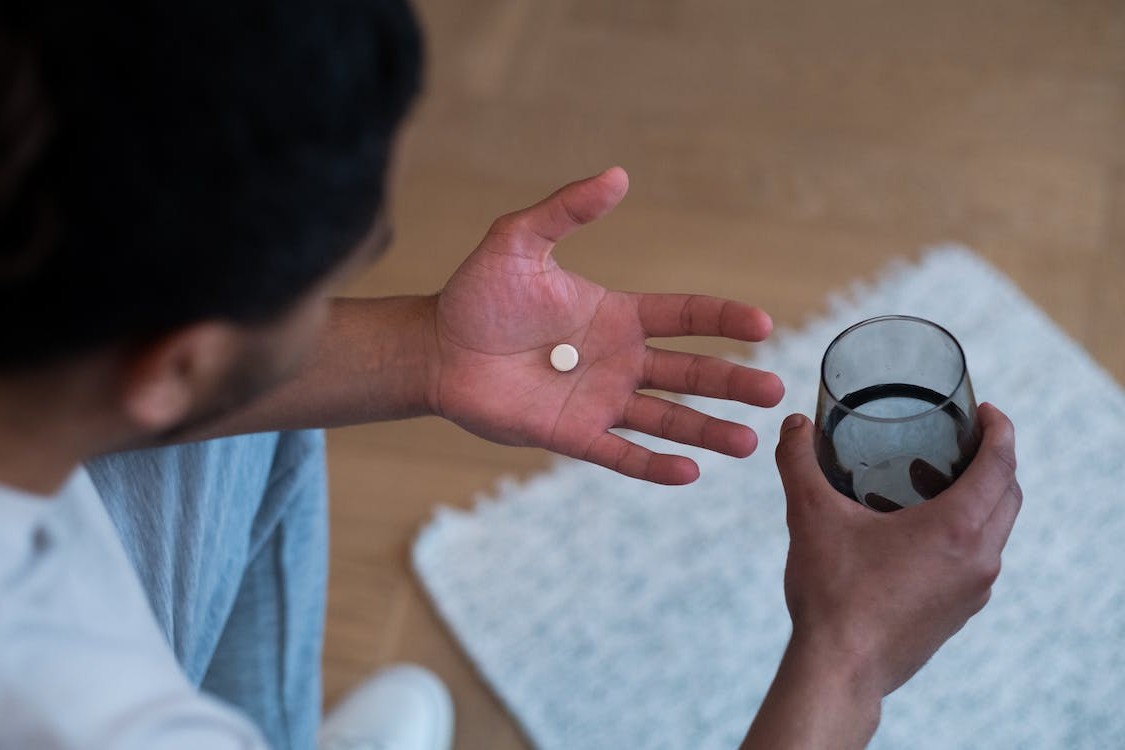Benzodiazepine addiction is not a solitary challenge; it’s a global concern affecting millions of people, including a significant number in Johannesburg. It can be hard to break free from the chains of addiction, especially when society is rife with misconceptions about these substances. By shattering these myths and understanding the real impact of benzodiazepine addiction, we can start to see the path to recovery more clearly.
A persistent myth is that benzodiazepines, often prescribed to alleviate symptoms of anxiety, stress, and sleep disorders, are not addictive. This fallacy can feed into a cycle of denial, delaying the necessary steps to acknowledge the problem and seek help. In truth, benzodiazepines can lead to physical dependence and addiction, even when used as prescribed by a healthcare professional.
Another misconception that can hamper recovery efforts is the belief that one can overcome benzodiazepine addiction independently. While willpower plays a role in the recovery journey, it’s crucial to underscore the importance of professional intervention due to the potentially severe withdrawal symptoms associated with benzodiazepine discontinuation.
Signs of Benzodiazepine Addiction
- Increased tolerance requiring higher doses to achieve the same effect.
- Experiencing withdrawal symptoms when not taking the drug.
- Unsuccessful attempts to cut down usage.
- Spending excessive time obtaining, using, or recovering from the drug’s effects.
- Neglecting social, occupational, or recreational activities because of drug use.
Moving from denial to recovery requires a multi-faceted approach. It’s not merely about stopping drug use; it’s about understanding the root cause of addiction, developing healthier coping strategies, and cultivating a support network for long-term recovery.
Benzodiazepine Addiction Treatment Methods
- Medically supervised detoxification: Assists in managing withdrawal symptoms and ensures safety during the detox process.
- Psychotherapy: Helps in understanding the root cause of addiction and developing healthier coping strategies.
- Support groups: Provides a platform to share experiences, learn from others, and cultivate a network of support.
Moving from denial to recovery involves several key steps. The first is recognizing the signs of addiction, which can include increased tolerance, withdrawal symptoms when not taking the drug, unsuccessful attempts to cut down usage, and spending significant time obtaining, using, or recovering from the drug.
The next step is seeking professional help. Addiction treatment often involves a multi-pronged approach, including medically supervised detoxification, psychotherapy, and support groups. A combination of these resources can help you understand the root cause of your addiction, manage withdrawal symptoms, and develop coping strategies for long-term recovery.

Let’s address some frequently asked questions:
- Can you get addicted to benzodiazepines? Yes, prolonged use of benzodiazepines can lead to physical dependence and addiction, even when taken as prescribed by a doctor.
- Can you quit benzodiazepines cold turkey? Abruptly stopping benzodiazepines can lead to severe withdrawal symptoms. It’s essential to seek professional help for a safe, gradual reduction.
- What resources are available in Johannesburg for benzodiazepine addiction? Johannesburg is home to numerous recovery centres and professionals specializing in addiction treatment. These resources often include medically supervised detoxification, psychotherapy, and support groups.
- What does benzodiazepine withdrawal feel like? Symptoms can vary, but may include anxiety, restlessness, irritability, sleep disturbances, and in severe cases, seizures.
- Can you fully recover from benzodiazepine addiction? Yes, with the right treatment and support, full recovery is entirely possible.
- Can withdrawal from benzodiazepines be dangerous? A: Yes, abrupt discontinuation of benzodiazepines can lead to severe withdrawal symptoms, including seizures. It’s crucial to seek medical supervision during the detox process.
- Is recovery from benzodiazepine addiction possible? A: Absolutely. With the right support and treatment strategies, full recovery is achievable.
- What resources are available in Johannesburg for benzodiazepine addiction? A: Johannesburg hosts numerous recovery centers and professionals specializing in addiction treatment. These resources offer a range of services, from detoxification to therapy and support groups.
Tackling benzodiazepine addiction is undeniably challenging, but it’s important to remember that you are not alone in this journey. The road to recovery is one filled with trials and triumphs. The key lies in acknowledging the problem, shattering the walls of denial, and taking that crucial first step towards seeking help.
Johannesburg’s extensive network of support, from rehabilitation centers to therapy groups, ensures that help is always within reach. With the right tools and resources, you can break free from the shackles of benzodiazepine addiction, paving the way for a healthier, more fulfilled life.
Overcoming benzodiazepine addiction is more than just discontinuing drug use. It’s a complex process involving self-discovery, learning healthier coping mechanisms, and cultivating a strong support network. If you or a loved one are battling this addiction, remember that it’s okay to seek help, and recovery is within your grasp. The road may be long and winding, but the destination – a life free from the constraints of addiction – is worth every step. As the famous saying goes, “The journey of a thousand miles begins with a single step.”
